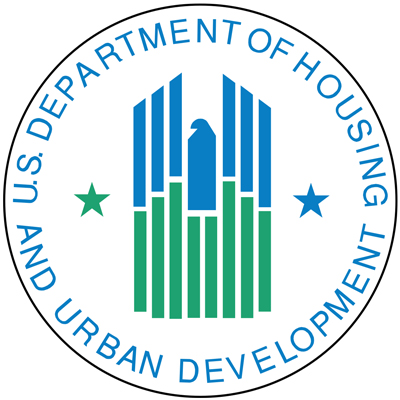
Sen. Robert Menendez (D-NJ) is asking his colleagues to join him in requesting that the Senate HUD appropriations subcommittee to allocate $600 million for new Section 202 Supportive Housing for the Elderly homes in the fiscal year 2022 HUD appropriations bill. He’s also seeking support for full renewal funding for Section 202 rental assistance contracts.
In FY21, Congress provided $52 million for new Section 202 homes.
Mendendez is circulating a “dear colleague” letter among the Senate offices to ask others to add their signature to his letter to the subcommittee.
“As HUD’s most recent Worst Case Housing Needs Report finds, 1.93 million very low-income elderly households are paying more than 50 percent of their income in rent. Moreover, a 2021 report from the Urban Institute, The Future of Headship and Homeownership, predicts there will be 13.8 million new older adult households between 2020 and 2040, and 40% (5.5 million) of these new older adult households will be renter households,” the letter says. “We believe that continued investment in low-income affordable housing for the elderly is both cost-effective and critical to ensuring seniors can live in supportive, decent, and affordable housing.”
Meanwhile, in other affordable senior housing news, last week, HUD published an interim final rule to reinstate Affirmatively Furthering Fair Housing definitions and certifications, which were revoked under a 2020 rule published under former HUD Sec. Ben Carson.
In addition to barring housing discrimination, the Fair Housing Act requires HUD and its funding recipients also to take affirmative steps to remedy fair housing issues, such as racially segregated neighborhoods, lack of housing choice and unequal access to housing-related opportunities. The previous administration suspended implementation of this rule and eliminated the 2015 rules’ procedural requirements, making it inconsistent with actual requirements of the Fair Housing Act, according to the current administration.




